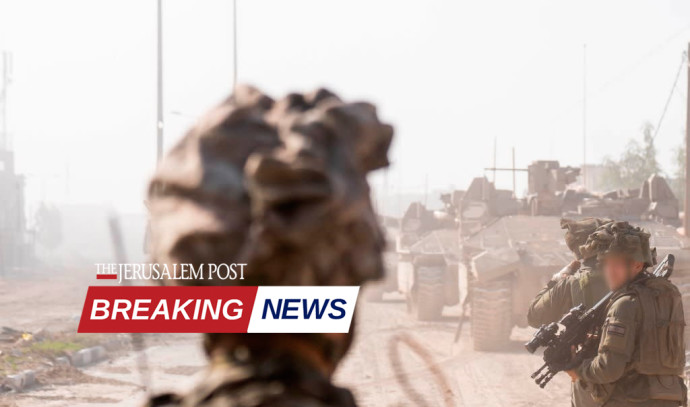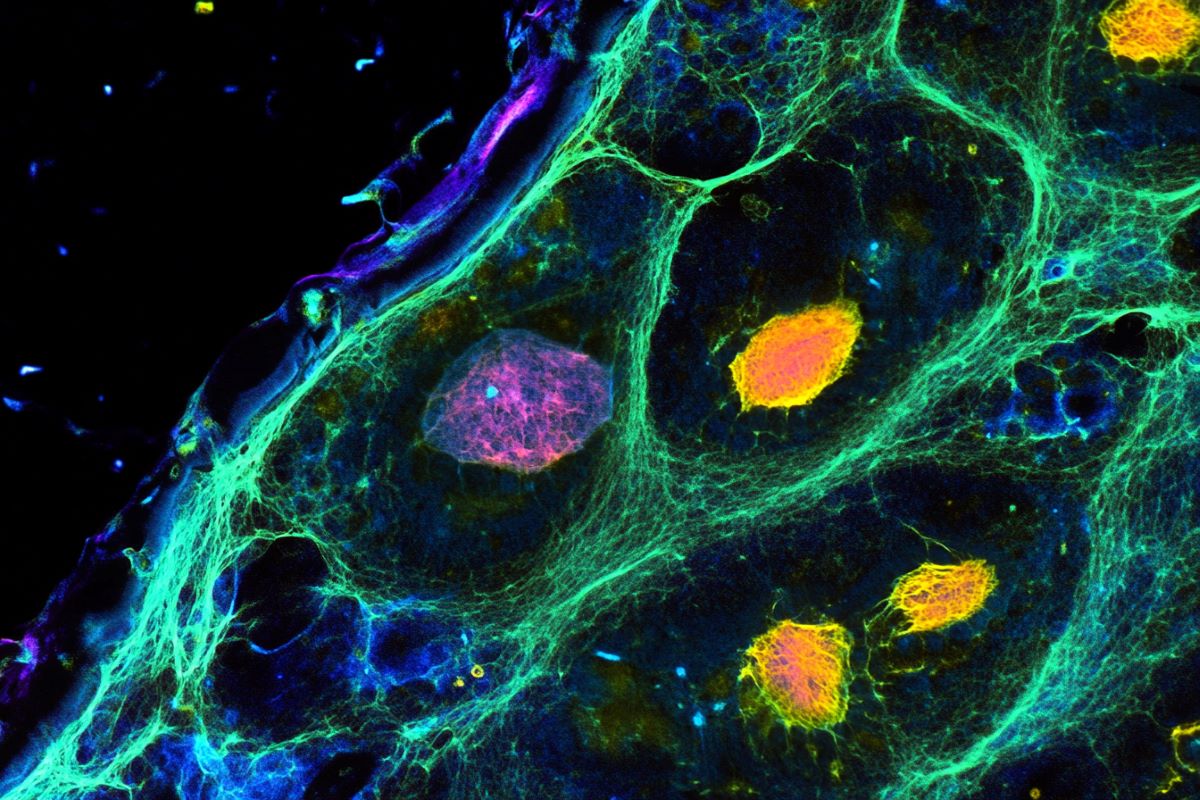RAFAH, Gaza Strip (AP) — Witnesses reported that an Israeli airstrike on a home in the southernmost part of Gaza killed two women and one man early Saturday, as Israel continued its military offensive against the Palestinian enclave. The strike occurred less than a day after the International Court of Justice ordered Israel to take all necessary measures to prevent death, destruction, and any acts of genocide in Gaza. The court’s binding ruling also called for Israel to submit a compliance report within a month, which would subject the military’s conduct to increased scrutiny. While the court did not order a ceasefire, its judges issued orders that were critical of the army’s actions in Israel’s nearly four-month-long war against Gaza’s Hamas rulers. The decision came as a result of a case brought by South Africa, accusing Israel of committing genocide against the Palestinian people, a charge Israel vehemently denies.
The conflict has claimed over 26,000 Palestinian lives, destroyed large parts of Gaza, and displaced nearly 85% of its 2.3 million population. The war was sparked by a significant Hamas attack on southern Israel on October 7, resulting in the deaths of approximately 1,200 people, mostly civilians, and the capture of about 250 hostages.
The total Palestinian death toll from the war has now reached 26,257 as of Saturday, with 174 deaths reported in the past day, according to the Health Ministry in Gaza. The ministry’s count does not differentiate between combatants and civilians, but it has noted that about two-thirds of the casualties are women and children. The ministry also reported that the total number of wounded has surpassed 64,000.
Israel holds Hamas accountable for civilian casualties, stating that the militants often use civilian structures for cover. The Israeli military asserts that its air and ground offensive in Gaza has resulted in the deaths of over 9,000 militants.Bilal al-Siksik, who lost his wife, son, and daughter in Saturday’s airstrike in Rafah, a town on Gaza’s border with Egypt, expressed doubt in the significance of the world court’s decision, as it did not bring an end to the ongoing war. Standing amidst the rubble of his destroyed home, he lamented, “No one can speak in front of them (Israel). America with all its greatness and strength can do nothing. What can people do, who have no power or anything?” He shared that his family was asleep when their residence was hit.
Rafah and its surrounding areas have become densely populated, as the Israeli military instructed civilians to seek refuge there from the fighting in other parts of the territory. Despite these directives, the designated evacuation areas have repeatedly been targeted by airstrikes, with Israel indicating that it would pursue militants as necessary.Some Gaza residents expressed disappointment that the U.N. court, based in The Hague, Netherlands, did not order an immediate end to the hostilities, as South Africa had requested.”The court’s decisions were disappointing to us,” said Yahya Saadat, who was displaced from the northern city of Beit Hanoun and now resides in the central town of Deir al-Balah. “We were waiting for the International Court of Justice to issue stricter decisions than that, such as a ceasefire, our return to our homes in the north, and stopping the bloodshed in the Gaza Strip.” Others viewed the rulings from a 17-judge panel on Friday as a significant, albeit symbolic, step.”The measures approved by the court are mostly in the interest of the Palestinian people regarding human suffering, violation of international law, and many other issues,” said Mazen Muhaisen, who is also sheltering in Deir al-Balah.
The court ruled that Israel must avoid harming or killing Palestinian civilians while taking all necessary actions to prevent genocide, including holding accountable anyone who incites others to support the destruction of Gaza’s people. The judges also directed Israel to promptly provide essential aid to Gaza.The provisional measures issued on Friday did not address the core of the case — the allegations of genocide — and a final ruling is expected to take years. Despite the legally binding nature of the interim orders, it remains uncertain whether Israel will comply. Prime Minister Benjamin Netanyahu pledged to continue the war, emphasizing that the court’s dismissal of the genocide charges was a “mark of shame that will not be erased for generations.” On Saturday, the Israeli military announced that it had carried out several “targeted raids on terror targets” in the southern Gaza city of Khan Younis, resulting in the deaths of “numerous terrorists.” There was no mention of Rafah. The United States, Israel’s closest ally, has firmly supported the offensive but has increasingly called for restraint and the allowance of more humanitarian aid into Gaza.
Nearly four months after the Hamas attack in southern Israel, numerous hostages remain captive in Gaza. During a week-long ceasefire in November, over 100 hostages were released in exchange for Palestinian prisoners, and an unspecified number of the remaining 136 hostages are believed to have been killed.U.S. President Joe Biden held discussions with his Egyptian and Qatari counterparts on Friday, ahead of a trip by his CIA director, aimed at making progress toward a deal to secure the release of more hostages in exchange for a pause in the fighting. CIA Director Bill Burns is scheduled to meet soon in Europe with the head of the intelligence agencies of Israel and Egypt, as well as with the prime minister of Qatar, according to three people familiar with the matter who insisted on anonymity to discuss the sensitive talks.Hamas has stated that it will only release the hostages in exchange for an end to the war and the release of a large number of Palestinian prisoners held by Israel.
___Shurafa reported from Deir al-Balah, Gaza Strip. Aamer Madhani, Matthew Lee and Zeke Miller contributed from Washington and Elena Becatoros contributed from Athens, Greece.___Follow AP’s coverage of the Israel-Hamas war at










